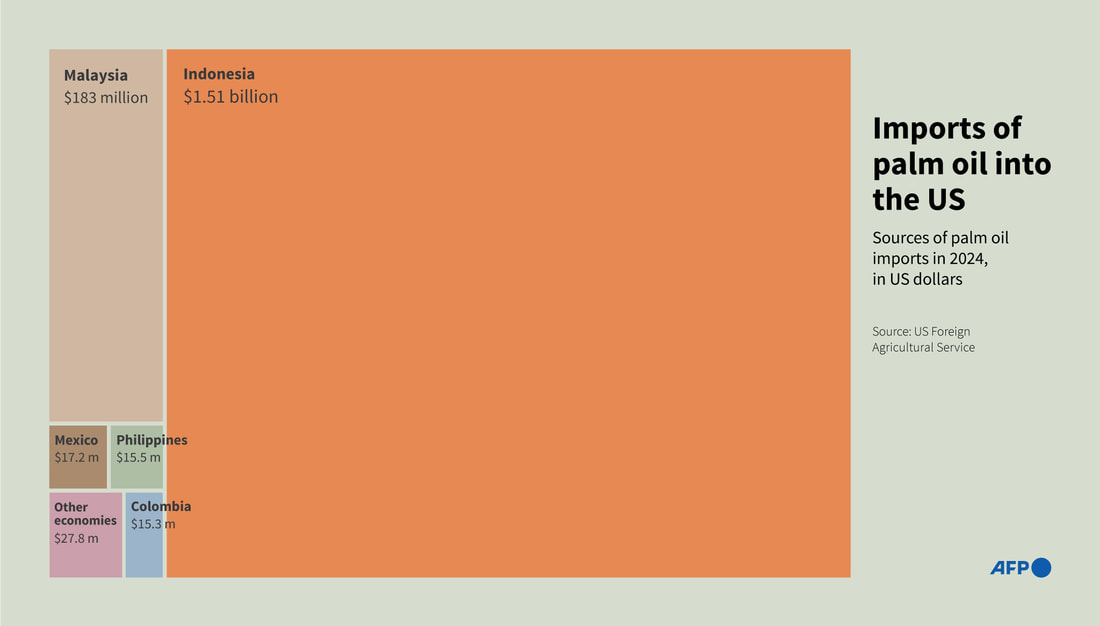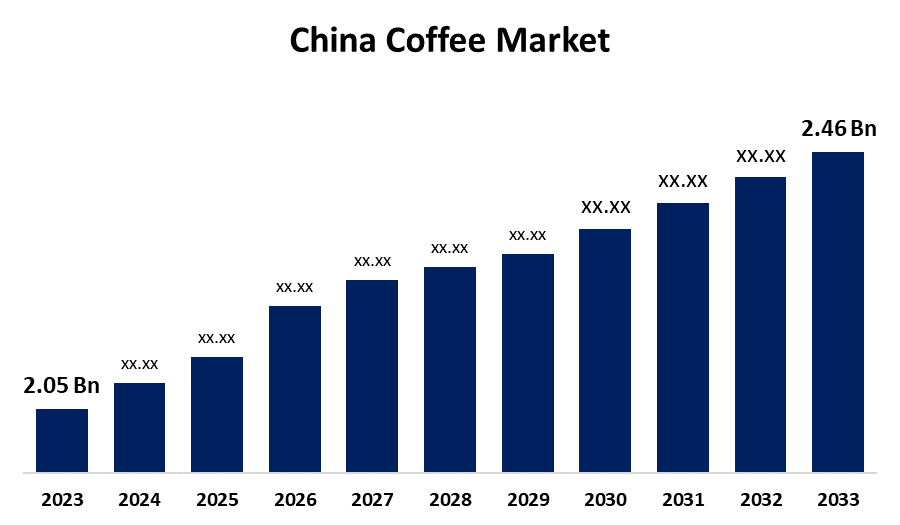China Approves 183 Brazilian Coffee Exporters, Marginalizing U.S. Competitors
In a significant shift in international trade dynamics, China has approved 183 Brazilian coffee exporters to sell directly into its market. This new development not only enhances Brazil"s trade ties with China but also sidelines U.S. exporters, particularly in light of recent tariffs imposed on American coffee imports. The decision, announced on August 3, 2025, marks a pivotal moment for Brazil"s coffee industry as it seeks to expand its footprint in one of the world"s largest markets for coffee consumption.
Background & Context
Brazil is the largest coffee producer globally, accounting for approximately one-third of the world’s coffee supply. The recent approval by China signifies a strategic move by the Brazilian government to strengthen economic relationships with key global players. The backdrop to this decision is rooted in the ongoing trade tensions between the United States and China, which have seen tariffs imposed on a range of goods, including agricultural products. As previously reported, these tariffs have made it increasingly difficult for U.S. coffee exporters to compete effectively in the Chinese market.
China"s coffee consumption has surged over the past decade, driven by a burgeoning middle class and a growing interest in specialty coffee. This market expansion has led to increased demand for diverse coffee origins, presenting a ripe opportunity for Brazilian exporters. The approval of these exporters is expected to facilitate a smoother entry into the Chinese market, thereby enhancing Brazil"s position as a leading supplier.
Key Developments
The 183 Brazilian exporters who received approval from China will now be able to bypass traditional trade barriers, allowing for direct sales and potentially reducing costs associated with intermediaries. This move is anticipated to increase the volume of Brazilian coffee entering China, particularly as U.S. coffee exports face heightened tariffs that can exceed 25%. According to industry analysts, the Brazilian coffee sector is poised for significant growth, with expectations that exports to China may increase by up to 40% in the coming year.
In a statement, Brazil"s Minister of Agriculture highlighted the importance of this development, noting that it not only opens doors for Brazilian farmers but also reinforces the country"s commitment to fostering international trade relationships. “This is a landmark achievement for our coffee producers and a testament to the quality of Brazilian coffee,” the minister stated, emphasizing the anticipated economic benefits for local growers.
\n\n
Image for China Approves 183 Brazilian Coffee Exporters, Marginalizing U.S. Competitors
Broader Impact
The approval of Brazilian coffee exporters is expected to have far-reaching implications for the global coffee market. With American exporters now facing challenges in one of their most lucrative markets, the balance of power may shift towards Brazil and other coffee-producing nations. Experts suggest that this could lead to increased investment in Brazil’s coffee infrastructure, including improved processing facilities and logistics, further enhancing the country’s competitive edge.
Moreover, this situation mirrors recent developments in other sectors, such as the automotive industry, where companies like Tesla have made headlines with significant stock grants to executives, emphasizing the importance of strategic decisions in maintaining market position. Just as Tesla’s moves impact its standing in the global market, Brazil"s strategic decisions regarding coffee exports are likely to reshape the competitive landscape in the agricultural sector.
What"s Next
Looking ahead, the focus will be on how Brazilian exporters capitalize on this newfound access to the Chinese market. Industry experts anticipate that Brazilian coffee producers will need to adapt their marketing strategies to cater to Chinese consumers’ preferences, which often lean towards specialty and premium coffee products. Additionally, there may be an increased emphasis on sustainability and quality certification as Brazilian exporters seek to differentiate their products in a crowded market.
As the geopolitical landscape continues to evolve, the implications of these trade decisions will likely resonate beyond coffee. Stakeholders in various industries will be watching closely to see how Brazil"s success in penetrating the Chinese market might inspire similar strategies in other sectors. The ongoing trade dynamics between the U.S. and China will also play a crucial role in shaping future international trade policies, potentially leading to further shifts in global supply chains.

Image for China Approves 183 Brazilian Coffee Exporters, Marginalizing U.S. Competitors







![[Video] Gunfire between Iraqi security forces and Sadr militias in Baghdad](/_next/image?url=%2Fapi%2Fimage%2Fthumbnails%2Fthumbnail-1768343508874-4redb-thumbnail.jpg&w=3840&q=75)
